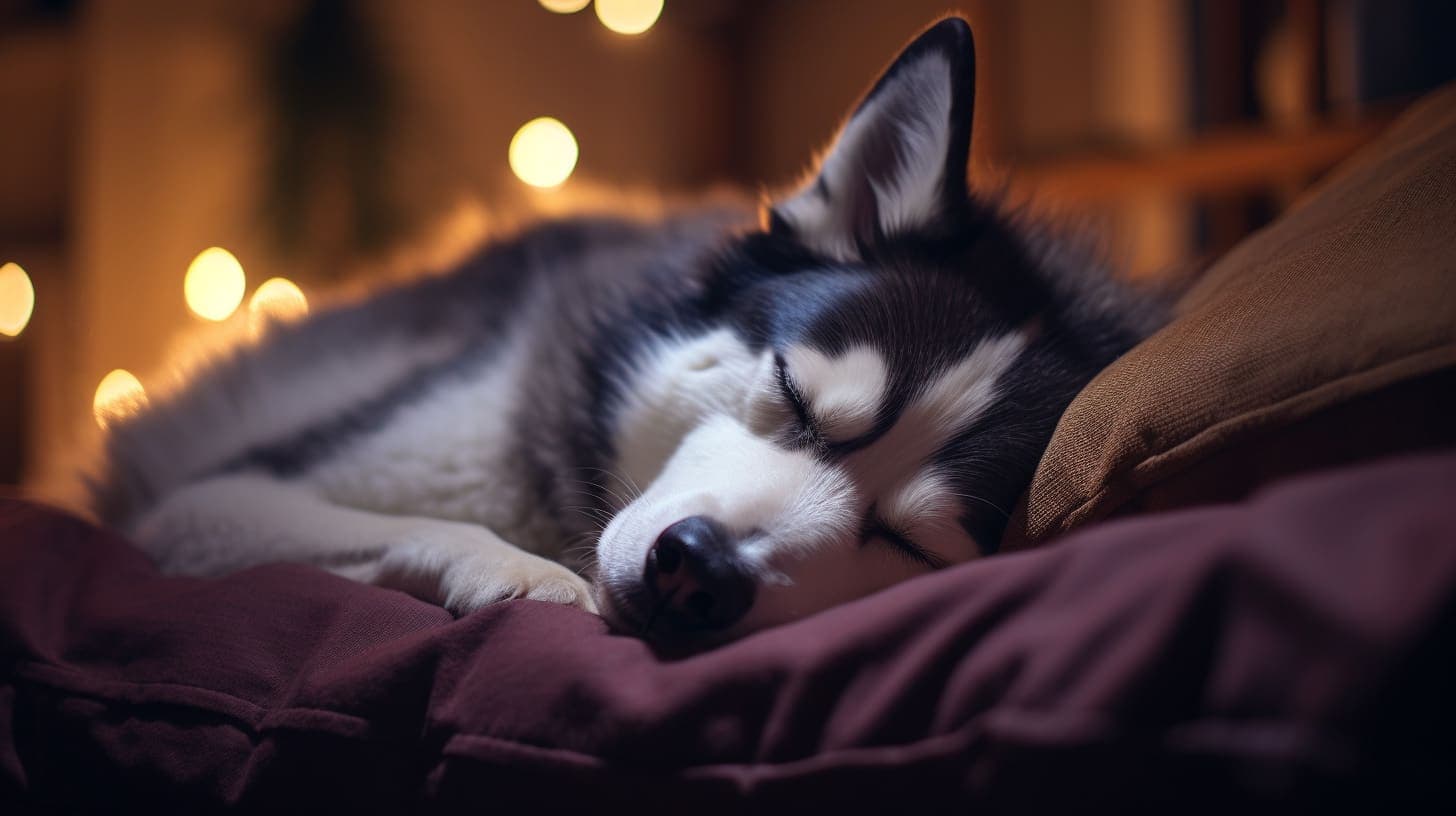Training & Behavior>Exercise & Activity
How Much Exercise Does a Husky Need?
Are you wondering how much exercise your Husky needs? Uncover the secrets to keeping your furry friend happy and healthy with the right exercise routine.
October 7, 20234 min read

